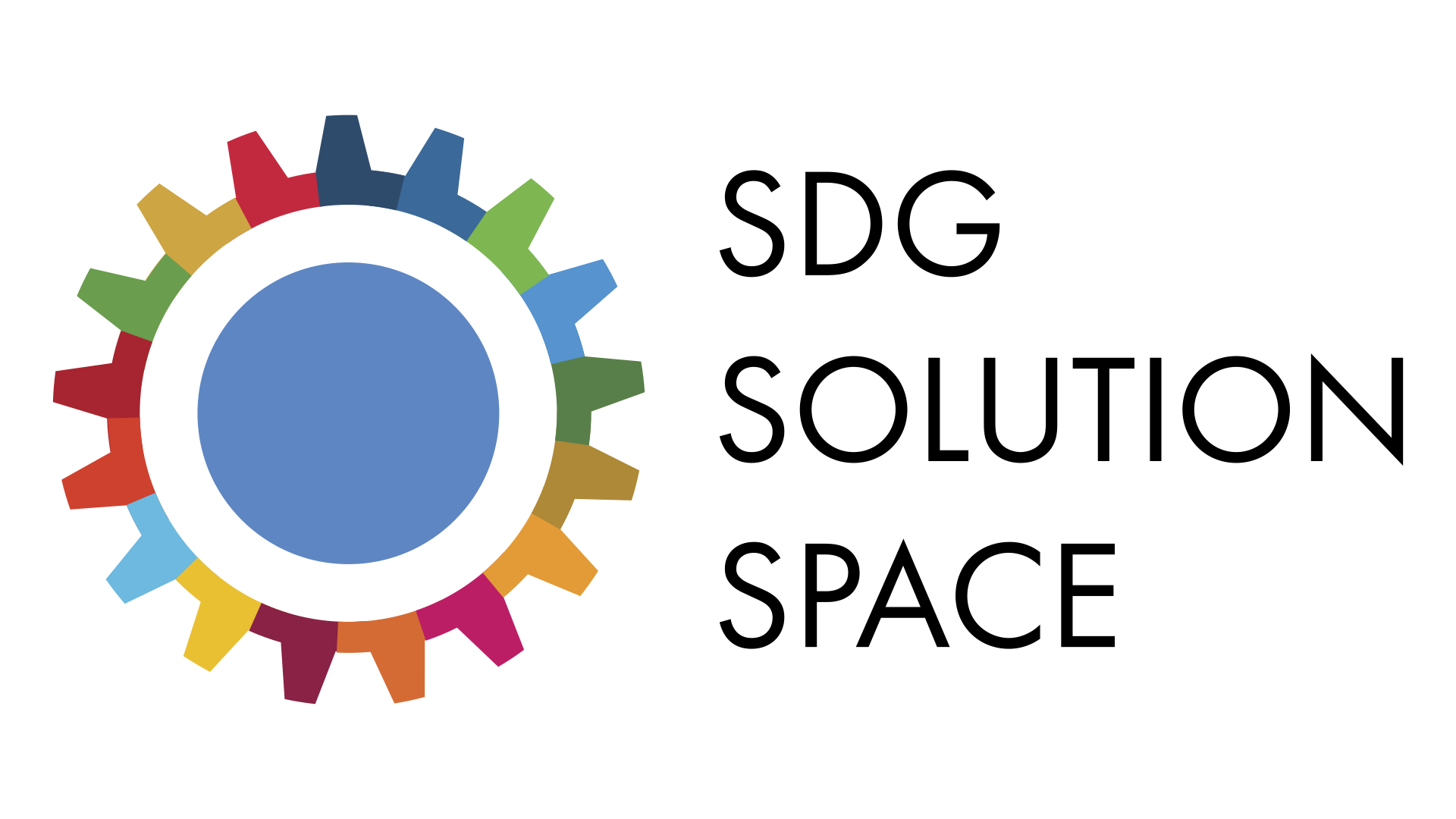Post by: Vanessa, Christina, Huimin, Jiayi, Yixin and Zhenyao
On October 4th, 2021, we were honored to have four guest speakers, Jonas Haertle, Afroditi Anastasaki, Julia Dallest and Stephanie Chuah, who shared their ideas and experience of open innovation for scaling up the SDGs. The talk was well prepared by our classmates Samuel, Valérie and Clara. This blogpost offers a brief review of the panelist speeches.
Both Jonas and Anastasaki work for the The United Nations Institute for Training and Research (UNITAR), an organization aimed at providing innovative learning solutions to individuals, organizations and institutions to enhance global decision-making and support country-level action for shaping a better future.
As the Chief of the Executive Director Office, Jonas Haertle develops and oversees strategic projects for UNITAR and supports the Executive Director with the Institute’s strategy, mission and activities. He introduced two potential opportunities for UNITAR internships, including open innovation and digital sovereignty. For those who are interested, doing some background research in these aspects would be helpful. In order to enhance innovation skillsets, Jonas suggests we look at the breadth of SDGs, develop system thinking and work with different stakeholders.
Afroditi Anastasaki is an alumni of MIHDS. She works as Partnerships Consultant at UNITAR’s Office of the Executive Director, who coordinates and develops global university and private sector partnerships to design, implement and standardize SDGs education through high-quality innovative training and pedagogies for the Global Goals. According to Afroditi, to apply innovative ideas to practice, UNITAR brought in IO with the participants, creating connection and support to the project in the form of funding and expertise in order to continue further.
Stephanie Chuah was the manager of the SDG Summer School, an innovation training program hosted by the Geneva-Tsinghua Initiative. Her current work focuses on building partnerships with universities in the Asia Pacific to accelerate impact hackathons and promote Sustainable Development. She believes that challenge-based learning through hackathon presents global challenges to youths and encourages them to be part of the process to find innovative solutions. As identified by Stephanie, one of the most important skillsets to develop for innovation is systematic thinking. She commented that the need to understand issues at a more systematic level is growing, as there are increasing interactions between environmental, economic, and social issues, which requires interdisciplinary expertise.
Julia Dallest has been the Executive Director of Open Geneva since 2020, a non-profit organization whose mission is to support open innovation through helping innovators to get together, communicate, share and produce ideas. For Julia, innovation is the key to imagine and design a more humane and sustainable world. As such, she is committed to the development of non-profit impact innovation and entrepreneurship, especially through the Greater Geneva Open Innovation Festival organized since 2017. Julia believes that hackathon is one of the quickest ways to convene universities, engage students, scientific authors and people of all ages to innovate and collaborate. It creates a fertile environment for building close-knit teams which may lead to robust products and even startups in the future.
